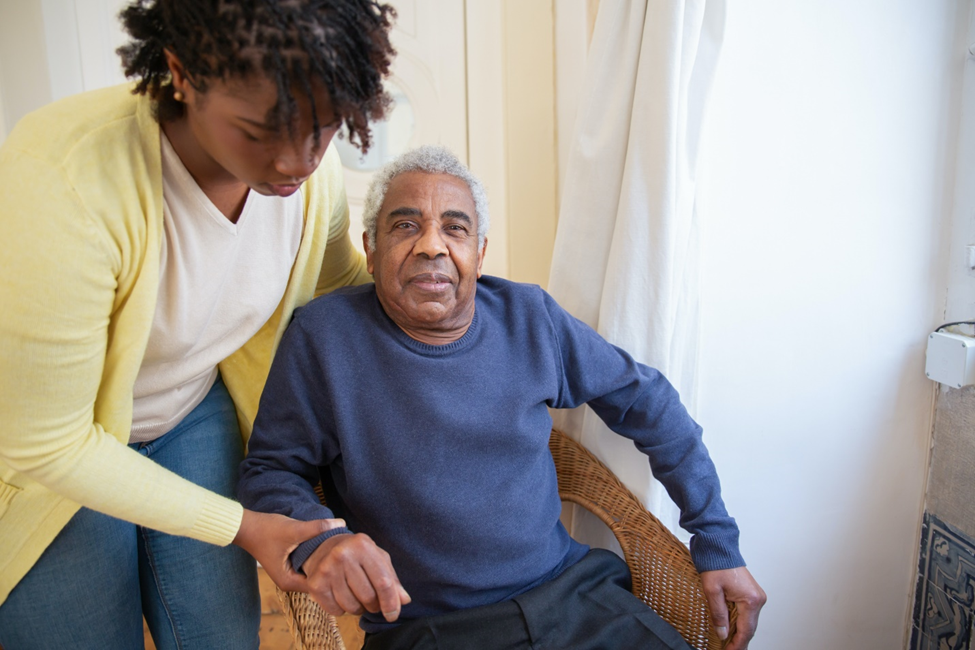Home care services can be a great benefit for people who need assistance with their daily tasks. Many agencies provide this as a part of their business. Some offer in-house training or certification programs, ensuring the highest quality of care. However, you should be careful to choose an agency with the best reputation and track record.
Home health care
Home health nursing is an affordable option for people who need ongoing medical treatment but don’t have the time or energy to make regular trips to the doctor. Click here for more information. This type of service is available 24 hours a day, seven days a week and can be covered by Medicare and private health insurance. In addition, long-term care insurance can help pay for these services.
Whether a person needs assistance with personal hygiene, administering medication, or administering an infusion, home health nursing can help them remain at home and maintain a healthy lifestyle.
These services are often customized to the patient’s needs and can help them regain their independence. A home health nursing service can also be used to treat patients suffering from progressive disabilities or memory issues.
Home health nursing providers can provide direct nursing supervision, nutrition, medication management, and even psychiatric nursing. These professionals may also provide physical and occupational therapy. If necessary, these professionals may accompany a patient to the hospital for further treatment.

Medicaid
Medicaid home nursing services are available to people who need assistance with their daily activities. These services are funded by the federal government and individual state governments.
Each state is allowed certain levels of flexibility to determine the kinds of services that are available. This is especially true for home nursing services. To be eligible for Medicaid disabled adult care services, individuals must demonstrate that they need assistance with two or more ADLs or three IADLs. This can be done with several different kinds of documentation.
These services are offered in the privacy of the dwelling, where the individual can receive individual nursing. Medicaid dwelling nursing services for disabled adults can be costly, but they are often the only option for people with limited incomes. As such, many individuals may not qualify for other forms of health treatment.
Medicaid is a federal program that provides health care for low-income individuals. Many states have expanded Medicaid coverage to cover these services. However, it is important to note that these programs are not universally available. While some states have adopted dwelling-based care services, many others still provide nursing in institutions.
There are over 10 million adults with disabilities who qualify for Medicaid dwelling nursing services. Those with disabilities can be dual-eligible for both Medicaid and Medicare. In some states, the programs offer different levels of coverage and require a co-payment or cost-share. They also vary depending on the individual’s income level.
Medicare
Medicare dwelling nursing expertise for disabled adults are available to eligible individuals in their dwellings. This expertise is designed to assist people with disabilities stay in their dwelling and avoid premature placement in nursing facilities.
The program provides ongoing case management and other expertise needed to meet a disabled individual’s specific needs. This program prioritizes individuals who need the most assistance and provides a customized plan to help them stay at dwelling.
The program covers the cost of the nurse’s time, equipment and supplies. It also covers some medical equipment and supplies. Some programs are age-based, while others are income-based.
In many states, the programs are different. You should check with the state’s Department on Aging to determine which expertise is offered in your area. Click the link: https://aging.ohio.gov/ for more information.
In-dwelling nursing expertise include direct nursing treatment, as well as medication management, nutrition, and pain management. Some providers also offer physical and occupational therapy, and may accompany the client to the hospital.
Non-medical caregivers
The first step in obtaining dwelling nursing for an elderly or disabled adult is to have an in-dwelling assessment completed by a medical professional. This will help the nurse and the medical team create a nursing plan.
A growing population of older adults has fueled the rise of dwelling nursing expertise. And the trend is expected to continue as the nation’s population ages. A non-medical aide can help a disabled adult remain in their own dwelling by providing a wide range of personal nursing expertise.


